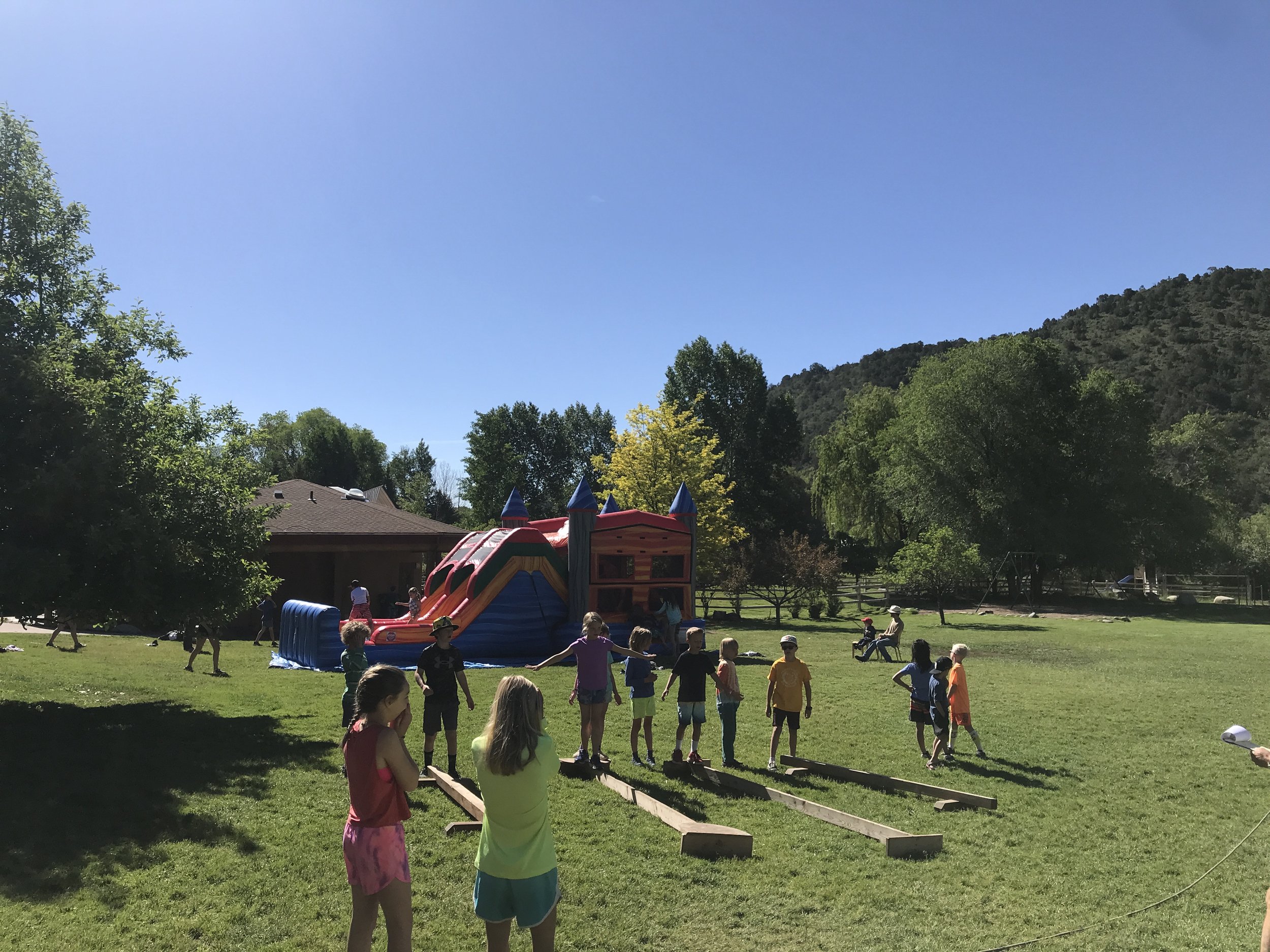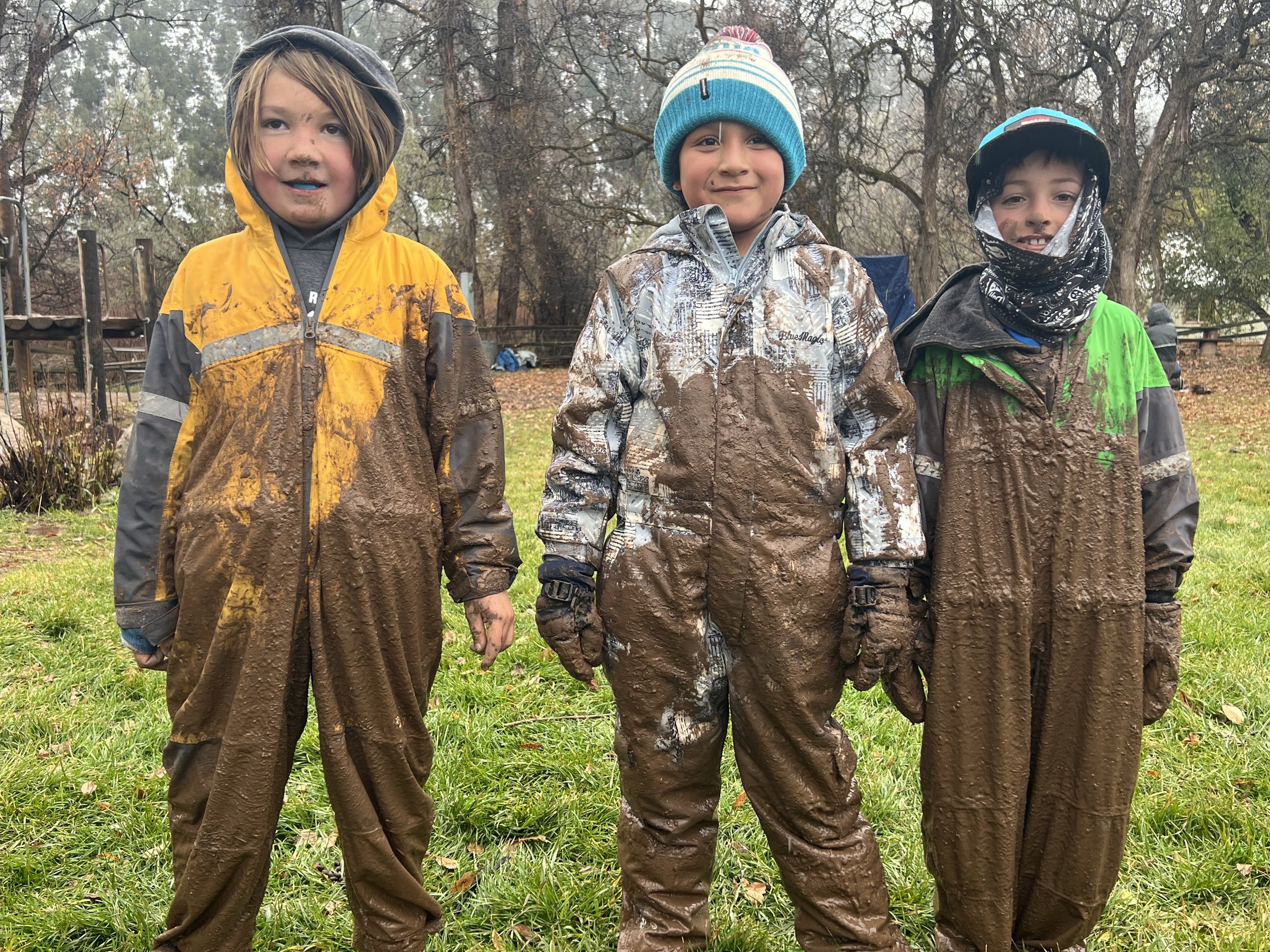The Value of an Unhurried Childhood
As parents we know the time goes quickly and can so easily slip away. Childhood is perhaps the most brief window of all and is fundamental to the longterm health and development of students. While it may seem appealing to to fill schedules with extra curricular activities, a recent opinion in the New York Times notes, “Certainly, some amount of extracurricular activity can offer a welcome break from screens and help children nurture interests. But for Generation Z, the over-scheduling of extracurricular activities has been bad for stress and mental health and even worse for widening racial gaps.” What’s more, “Gen Z acutely feels the pressure to be accomplished at a younger age. As kids take on a wider range of challenging activities younger, a trend that began with millennials but has grown to steroidal levels, the criteria for standing out in the college admissions process have shot up accordingly. It’s no wonder kids are stressed out.” If we want to set children up for long-term success into adulthood, what is the best foundation?
What is the anecdote to over-scheduling?
According to the same opinion in the New York Times, “The answer is simple, though not easy to carry out: We can teach them (and perhaps relearn ourselves) the value of unstructured time and greater civic participation. This does not mean we should quit our day jobs and devote ourselves instead to endless hours of building forts and playing games. Exposing children to sports, music, art, programming or dance certainly has benefits — including physical exercise, intellectual stimulation and fun — but there are also good reasons to give children time to be bored. Not least of these is it forces them to figure out a way to entertain themselves.”
Of course, this is easier said than done and “Replacing video games with nature walks might not make you the most popular parent. Your kids may complain a little (or a lot) about losing some of their organized fun, since boredom is a feeling they’ve rarely experienced.” (Source)
In Waldorf Education, our goal is the longterm health and wellbeing of all our students. This means great value is placed on childhood and giving space for students to be kids. To play, to explore and to be curious all support academics in the long run. So why rush building a foundation of curiosity, flexibility & creativity? There is only one shot at childhood and at WSRF we think being a child is meant to be joyful, exploratory and sometimes, even boring.



